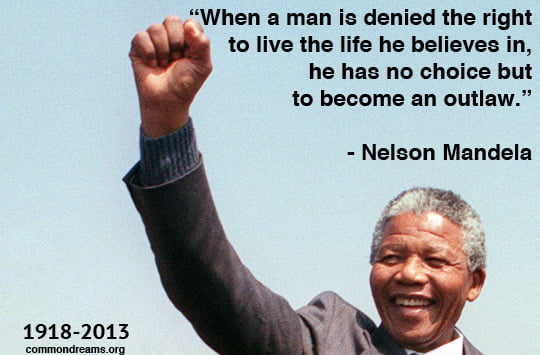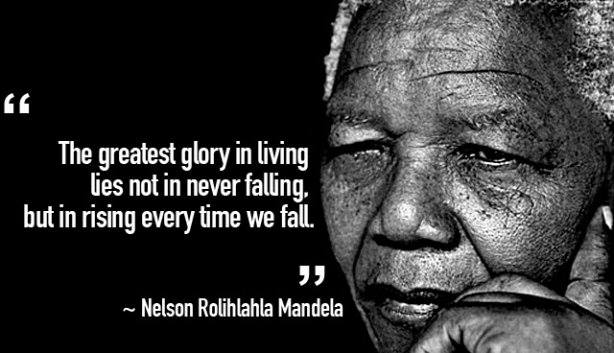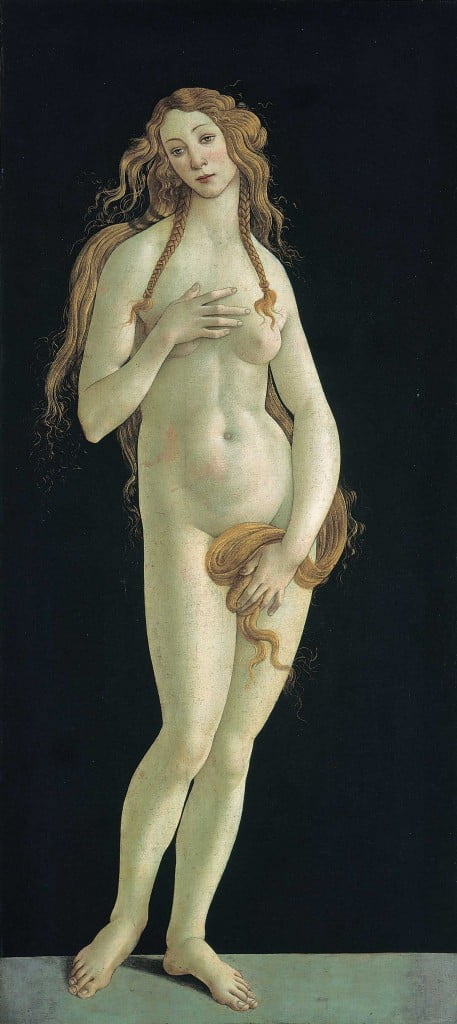Joint Statement by the 18 Professional Groups in relation to the Council of the University of Hong Kong’s rejection of the appointment of Professor Johannes Chan as the Pro-Vice-Chancellor
On 29 September 2015, the Council of the University of Hong Kong (the “Council”) rejected (by 8 votes in favour and 12 votes against) the Selection Committee’s sole recommendation to appoint Professor Johannes Chan as the Pro-Vice-Chancellor. We hereby express our anger and condemnation in respect of this baffling decision. At the same time, we regret that the Council has still not given a specific explanation in connection with its decision.
But what is concerning is that, according to Mr. Billy Fung Jing-eh, student representative of the Council, members of the Council who advocated the rejection of Professor Chan’s appointment spoke nonsensically at the Council meeting by citing baseless reasons. At one point they even cited reasons such as the lack of search results for Professor Chan on Google Scholar (but one would know that law scholars or law students use specific search databases and rarely use Google Scholar as a search engine), or that Professor Chan does not have a PhD degree. Even absurd reasons such as whether Professor Chan has sent his regards to Professor Lo Chung Mau was cited as a condition for becoming the Pro-Vice-Chancellor.
Professor Chan has served the University of Hong Kong for 30 years. He was the Dean of the Faculty of Law of the University of Hong Kong for 12 years. Professor Chan was also appointed by Andrew Li, the former Chief Justice of the Court of Final Appeal in 2003, as the only Honorary Senior Counsel in Hong Kong in recognition of his achievements in education. It can be seen that the various “reasons” quoted by the members of the Council who rejected the appointment of Professor Chan are in fact unjustified. In addition, in the past few months, following the unceasing and baseless personal attacks by newspapers that are mouthpieces of those in power towards Professor Chan, the Council continued to delay its resolution to appoint the Pro-Vice-Chancellor and even used ridiculous reasons such as “waiting for the appointment of the Provost and Deputy Vice-Chancellor”. All these incidents inevitably cause us to sense that an external force in the form of Beijing is intervening with the appointment of Professor Chan as the Pro-Vice-Chancellor. We have therefore become pessimistic as to whether academic freedom can be maintained in Hong Kong.
We must also mention that it was Mr. Fung who, despite the risk of being subject to disciplinary action by the Council, disclosed what took place in the Council meeting. It was him who uncovered the various excuses made by those Council members against the appointment. In this regard, we greatly appreciate Mr. Fung’s moral courage and sense of responsibility.
Regrettably, we observe that there were numerous public criticisms directed at Mr. Fung. Concerning this matter, we must point out that according to Paragraph 5.3 of The University of Hong Kong Guide and Code of Practice for Members of the Council, Council members shall abide by Seven Principles of Public Life, including:
(1) Council members should take decisions solely in terms of the public interest;
(2) Council members should not place themselves under any obligation to outside organisations that might influence them in the performance of their official duties;
(3) In making public appointments, Council members should make choices on merit;
(4) Council members are accountable for their actions to the public;
(5) Council members should be as open as possible about all decisions and actions that they take. They should give reasons for their decisions and restrict information only when the wider public interest clearly demands;
(6) Council members have a duty to declare any private interests relating to their public duties and to take steps to resolve any conflicts arising in a way that protects the public interest; and
(7) Council members should promote and support these principles by leadership and example. We consider that Mr. Fung had acted in manifestation of the above Seven Principles of Public Life, in particular in upholding Principles No. (1), (3), (4) and (5).
Furthermore, in this context it is well-established at common law that when the Court determines whether there is a breach of confidence, public interest should be taken into account. Unless the secret documents disclosed endangers public interest, the Court will not protect to such secret documents (Commonwealth v Fairfax (1980) 147 CLR 39; R v Ponting [1985] Crim. L. R. 318).
Academic freedom is one of Hong Kong’s core values. We will continue to seek accountability from those Council members who improperly interfered with the independence of the University. We are considering further actions in following-up on this incident involving the Council, and will provide the public with more details once such proposed actions have been finalised.
Act Voice
Action Accountants
At-grade
ArchiVision
Artists Action
Financier Conscience
Frontline Tech Workers
Hong Kong Psychologists Concern
Insurance ARISE
IT Voice
Médecins Inspirés
Nurses Political Reform Concern Group
Planners’ Voice
Progressive Lawyers Group
Progressive Teachers’ Alliance
Radiation Therapist and Radiographer Conscience
Reclaiming Social Work Movement
Surveyor Conscience
精算思政 Act Voice,Action Accountants 進步會師,At-grade 園境 • 願景,思政築覺 ArchiVision,藝界起動 Artists Action,前線科技人員,良心理政 HK Psychologists Concern,保險起動 Insurance ARISE,IT Voice,杏林覺醒 Medecins Inspires,護士政改關注組,Progressive Lawyers Group 法政匯思,進步教師同盟 Progressive Teachers’ Alliance,放射良心,社工復興運動 Reclaiming Social Work Movement,量心思政 Surveyor Conscience
2 October 2015




